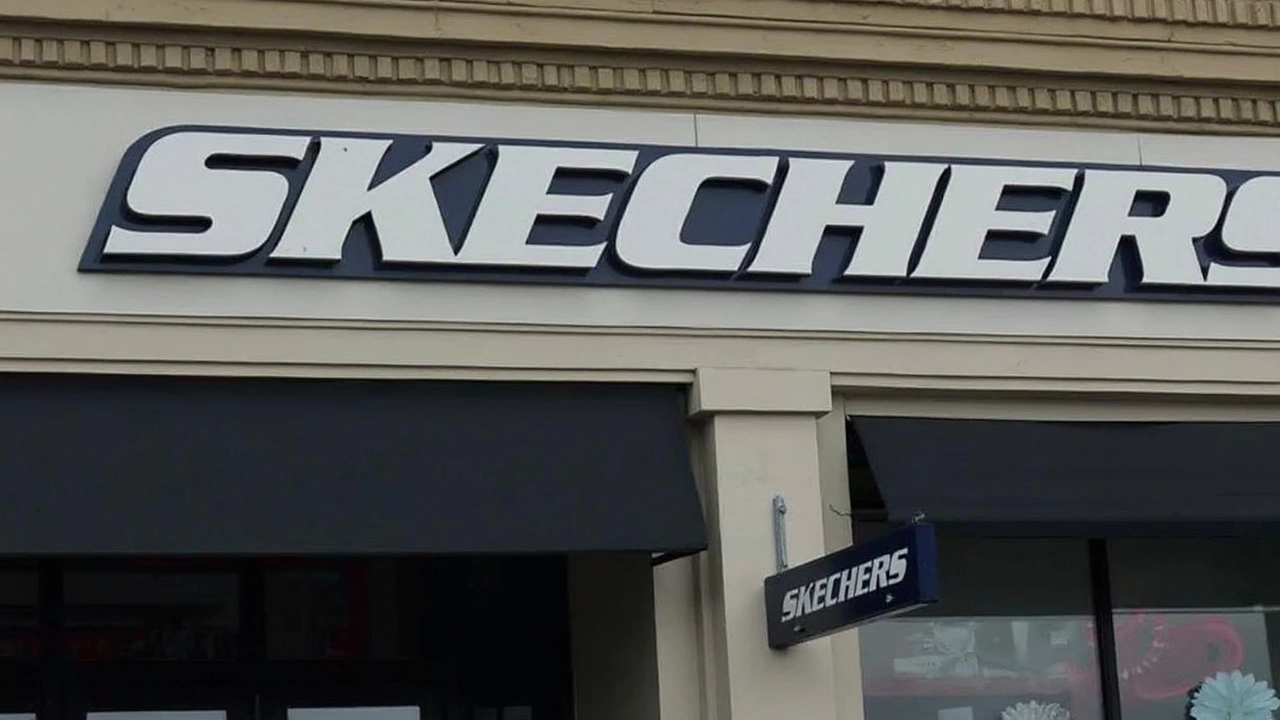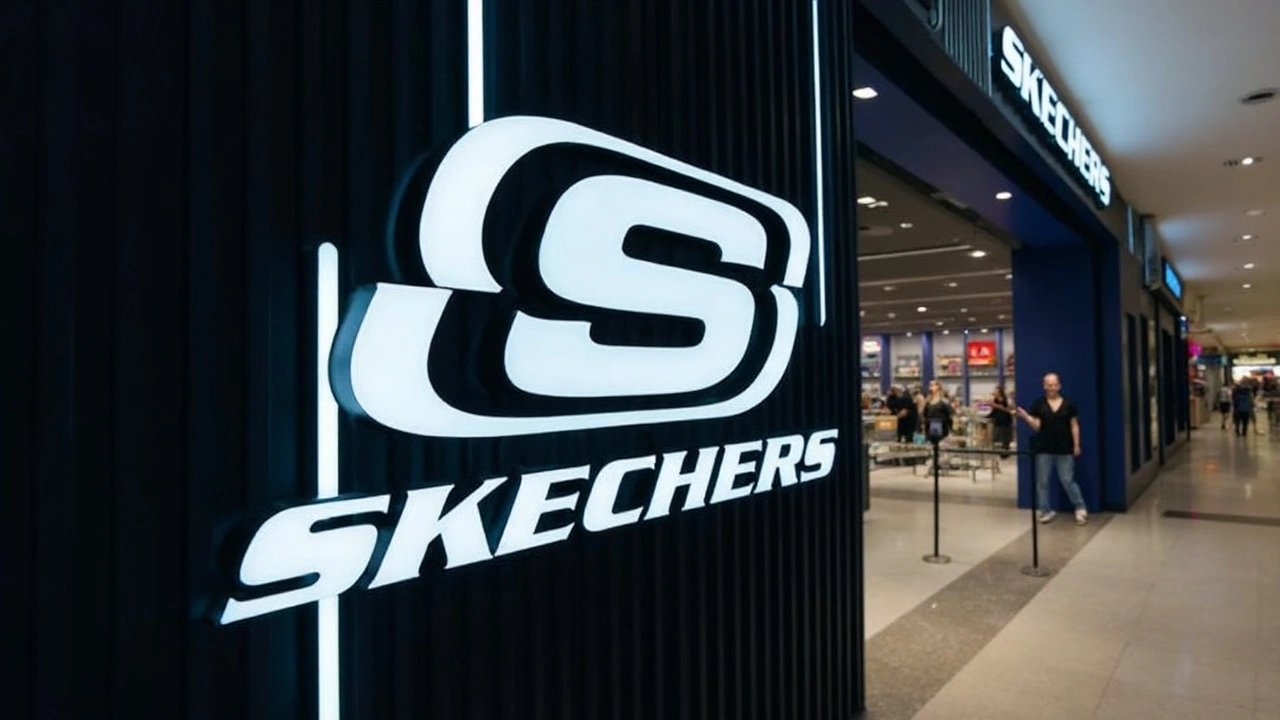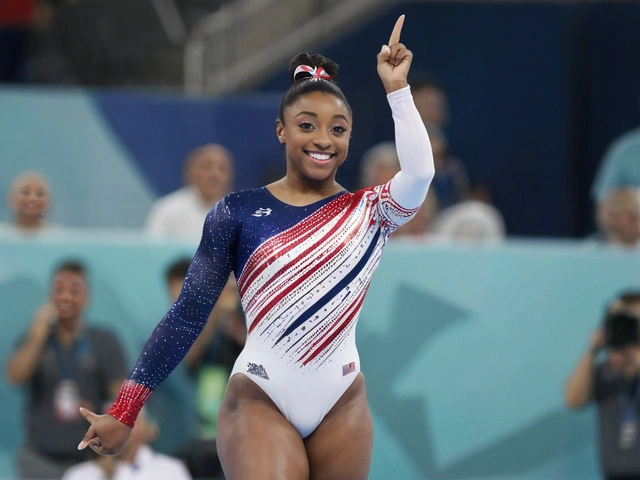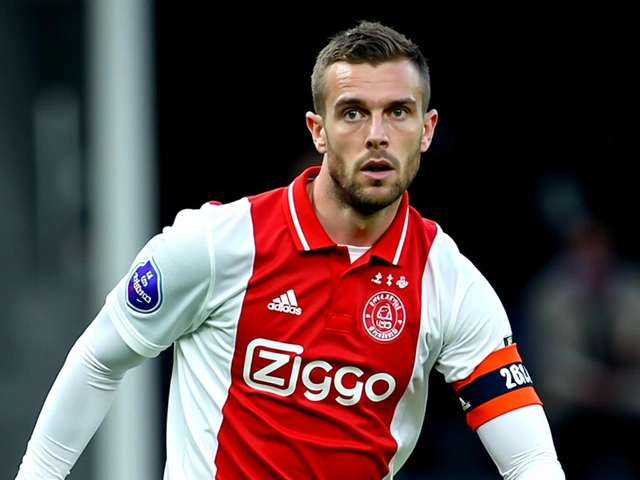Skechers Bids Farewell to Wall Street with a Game-Changing Acquisition
About once a decade, a deal comes along that stirs up old brands and investors alike. That’s exactly what happened this week when Skechers—the world’s third-largest footwear brand—decided to exit the public stage. It’s been a fixture on the stock market for 26 years. But now, as tariffs and trade talks heat up, Skechers has struck a $9.4 billion buyout deal with Brazilian private equity powerhouse 3G Capital. The offer values each share at $63, which is a whopping 30% jump from what the company was worth just days earlier. Ouch for anyone who didn’t get in sooner.
This isn’t just any old sale. Skechers is letting shareholders choose how they cash out. They can get $57 per share right away and roll over the rest into 3G’s new holding company. Whatever investors pick, CEO Robert Greenberg, the man behind Skechers’ rise from scrappy upstart to global “Dad shoe” staple, is staying firmly at the controls. That’s a twist—3G Capital has a record of making bold moves with brands like Burger King and Popeyes, but they see value in keeping Skechers’ leadership intact. Greenberg is painting this as a chance to focus on 'real' long-term growth, away from the stress of quarterly reports and market rumors.

Trade Tensions, Record Sales, and What 3G Sees in Skechers
Timing is everything. Just last month, Skechers stopped offering financial forecasts for 2025, blaming jitters about political fights over trade. More tariffs? A new White House agenda? No one knows. It sounds dicey, but Skechers insists that these potential tariffs weren’t what drove them to sell. Still, the numbers are hard to ignore: more than 80% of the shoes Skechers sells in the U.S. come from factories in China and Vietnam—precisely the places most at risk from proposed Trump-era tariffs coming back again.
But here’s the twist: Skechers’ real growth engine is global. The U.S. only brings in about one-third of its overall sales. Two-thirds comes from markets spread across Asia, Europe, and everywhere else Americans hunt for sneakers. That’s partly why 3G Capital is betting big. Even with the looming trade mess, the company just posted quarterly numbers you can’t ignore: $2.41 billion in sales for Q1 of 2025, up 7 percent compared to last year. Investors had started to sweat, but 3G Capital and analyst groups like Evercore are reading this as proof that Skechers’ brand can weather more than just tariffs—it can shape trends and keep buyers excited even when times get tough.
The industry buzzed after the announcement. Some wondered if Skechers’ move to join a coalition for tariff exemptions was a tip-off that deal talks were in the works. After all, the Footwear Distributors and Retailers of America, where Skechers is a key player, has been scrambling for relief from the tariff storm. So this buyout is more than a big payday—it’s a test of whether a company built on affordable, mass-appeal footwear can dodge global trade chaos and still keep its “comfort over hype” promise to shoppers.
Skechers isn’t just running from trouble. The brand’s private future with 3G looks less like a retreat, and more like a reset. No public spotlight, no short-term panic—just a shot at scaling up overseas, tweaking supply chains without every move under Wall Street’s microscope, and proving that, sometimes, the smart money really does know when to step off the trading floor.






Sampada Pimpalgaonkar
May 6, 2025 AT 17:40Seeing Skechers go private feels like a big wave for the Indian market – we’ve seen a steady rise in their stores across metros and tier‑2 cities. With 3G Capital’s deep pockets, I expect more localized designs that cater to our festive seasons and cricket‑crazed crowds. The supply chain tweaks they plan could also mean faster restocks during the monsoon sales. Plus, keeping Robert Greenberg at the helm might preserve the brand’s comfort‑first DNA that Indian shoppers love. Overall, it’s a win‑win for both the brand and the regional economy.
Chinmay Bhoot
May 24, 2025 AT 02:20So Skechers finally “realized” they can’t handle Wall Street pressure? Classic case of a brand that rode the hype train for a decade and now pretends the exit is a strategic masterstroke. The 30% premium looks juicy, but it’s just a band‑aid on a shaky foundation of thin margins. If 3G thinks they can magically turn those discount‑driven shoes into premium assets, they’re in for a rude awakening. Let’s see if the “private” label actually hides a deeper cash‑flow crisis.
Raj Bajoria
June 10, 2025 AT 11:00Interesting move.
Simardeep Singh
June 27, 2025 AT 19:40When a brand decides to step out of the public eye, it’s like a philosopher choosing solitude to find clearer thoughts. Yet the market never really lets you breathe; the ripple effects keep echoing. In this case, the silence might just be a louder signal for change.
Aryan Singh
July 15, 2025 AT 04:20Let’s break down what this acquisition really means for the footwear landscape. First, 3G Capital has a playbook that focuses on aggressive cost cuts while preserving brand equity, as seen with Burger King and Popeyes. Applying that to Skechers could involve streamlining manufacturing overhead, renegotiating supplier contracts, and possibly consolidating distribution hubs. Second, taking the company private removes the quarterly earnings pressure, allowing longer‑term R&D investments in sustainable material tech. That could accelerate Skechers’ push into eco‑friendly lines, which consumers worldwide are demanding. Third, keeping Robert Greenberg at the helm signals continuity; his design instincts have kept the brand relevant across generations. By not disrupting leadership, 3G is likely betting on internal momentum rather than a full‑blown overhaul. Fourth, the deal’s structure – offering a cash‑out option and a rollover into a new holding – gives shareholders flexibility while keeping capital within the ecosystem for future growth projects. This hybrid approach can fund expansion into emerging markets like Southeast Asia without diluting equity. Fifth, the timing aligns with global trade uncertainties; a private structure can navigate tariffs more nimbly by adjusting sourcing strategies away from direct public scrutiny. Overall, the acquisition offers a sandbox for 3G to pilot innovative supply‑chain models, potentially setting a new standard for how large footwear brands operate beyond the public market’s constraints.
Poorna Subramanian
August 1, 2025 AT 13:00Indeed the private route could streamline decision‑making and reduce external noise It also opens doors for strategic investments in R&D without the burden of immediate shareholder returns The partnership with Greenberg may preserve brand heritage while allowing operational flexibility
Soundarya Kumar
August 18, 2025 AT 21:40I think it’s cool that Skechers is looking beyond the US market – the global demand for comfy shoes is huge, especially in places where people are on their feet all day. This move could bring more affordable, stylish options to our local stores, and maybe even some exclusive designs for Indian festivals. Also, with the private setup, they might finally get the freedom to experiment with new tech like breathable fabrics. Let’s hope the rollout includes more sustainable packaging, too.
Sudaman TM
September 5, 2025 AT 06:20Sure, all that “global demand” talk sounds nice, but don’t forget the brand’s core has always been price‑driven 😒 If 3G starts hiking margins, we’ll see shoe prices creeping up faster than inflation. Guess the “affordable comfort” promise is just a marketing veneer now. 🤷♂️
Rohit Bafna
September 22, 2025 AT 15:00From a nationalistic lens, this transaction epitomizes the erosion of domestic industrial sovereignty under neo‑liberal globalization. The infusion of Brazilian private equity capital into a quintessentially American footwear leviathan underscores a strategic misalignment with indigenous manufacturing ecosystems. By recalibrating supply chains toward low‑cost offshore nodes, Skechers risks exacerbating the de‑industrialization trajectory that hampers our national workforce resilience. Moreover, 3G’s penchant for aggressive cost‑optimization often translates into labor arbitrage, diluting the standards of occupational safety that our Indian factories desperately need. If regulatory bodies fail to impose stringent oversight, this privatization could become a case study in how transnational conglomerates prioritize shareholder extraction over socio‑economic stewardship.